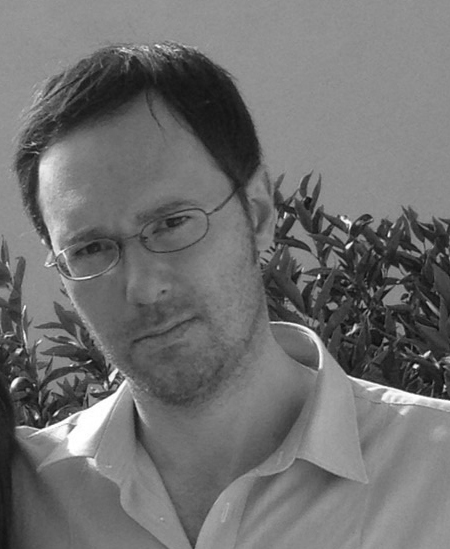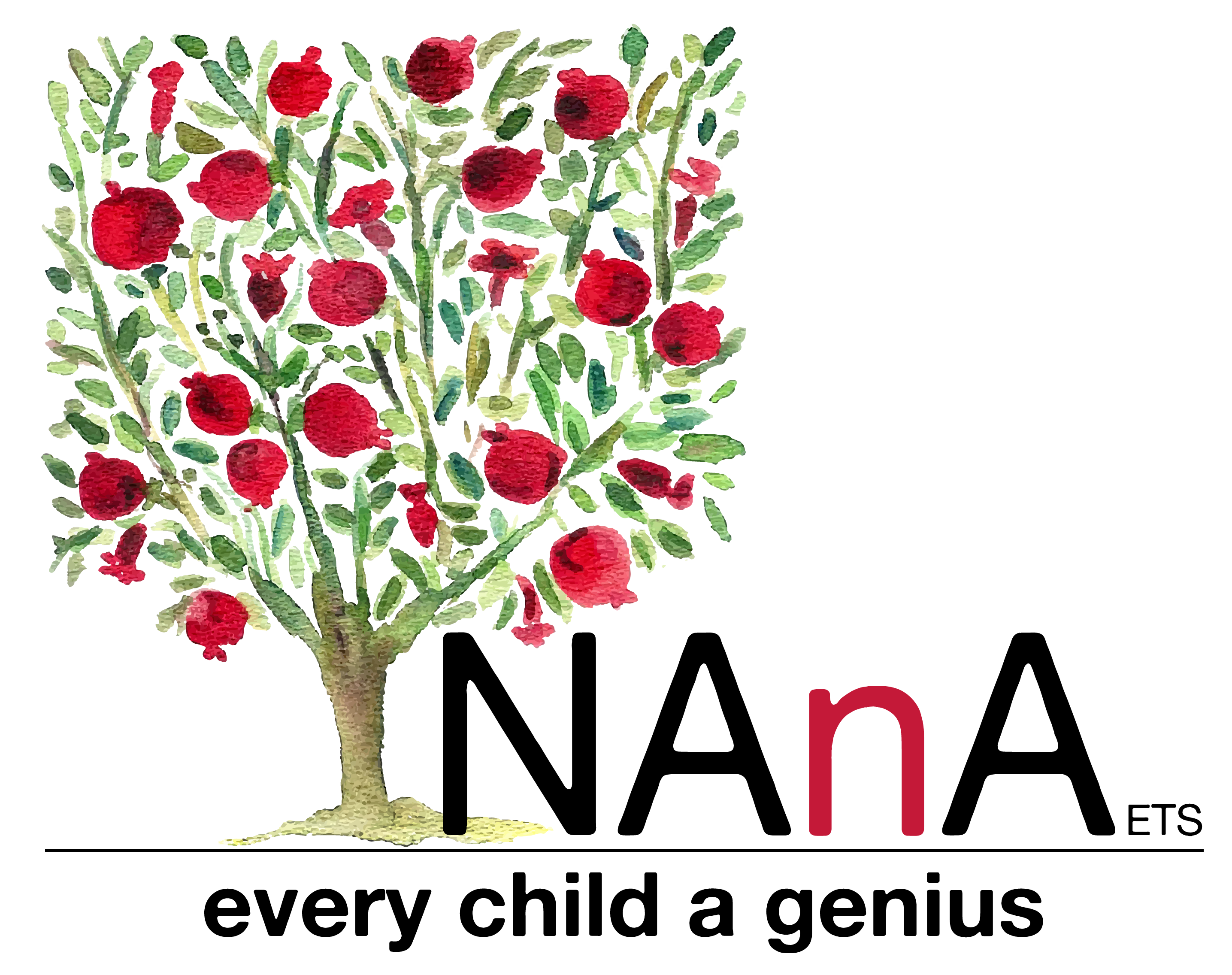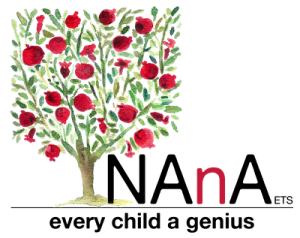Interview
Yes, NAnA ETS has been instrumental in advancing my career. NAnA enhanced my visibility and opened up fortunate avenues for collaboration and knowledge exchange with leading scientists, which have been essential for advancing our research.
My team has recently published several studies demonstrating the role of 8-oxodG in transcription regulation, offering valuable insights into how DNA damage impacts gene expression. We are now investigating whether 8-oxodG might actively drive transcription rather than being just a byproduct of RNA Polymerase II activity. By understanding the molecular mechanisms by which 8-oxodG controls transcription and chromatin 3D structure, we envision targeting the 8-oxodG to reprogram altered cellular transcription programs. This approach could represent a novel therapeutic strategy for diseases such as cancer and neurodegenerative disorders.
We are addressing this question through functional genomics combining advanced molecular and cellular techniques, including RNA sequencing, GRO-Seq, SLAM-Seq, Chromatin Immunoprecipitation (ChIP) assays, and HiC, with intensive computational analyses to process complex datasets, enabling us to investigate the epigenetic role of ‘scheduled’ oxidative DNA damage in transcription regulation and genomic stability.
My ongoing project investigates the epigenetic role of 8-oxodG in transcription.
The scientific question is: “How does 8-oxodG, as a form of oxidative DNA damage, regulate transcription?”
I am currently an Associate Professor of Genetics at the Department of Molecular Medicine and Medical Biotechnology of the University of Naples Federico II. My primary focus is managing research projects centered on transcriptional regulation, DNA damage and genome instability, coordinating interdisciplinary collaborations, and supervising Ph.D. students and postdocs. Day-to-day, I work on experimental design, data analysis, mentoring, and managing lab activities. I also participate in departmental and interdepartmental meetings, fostering collaborations to advance our research goals.
Biosketch
Stefano Amente MD, PhD


